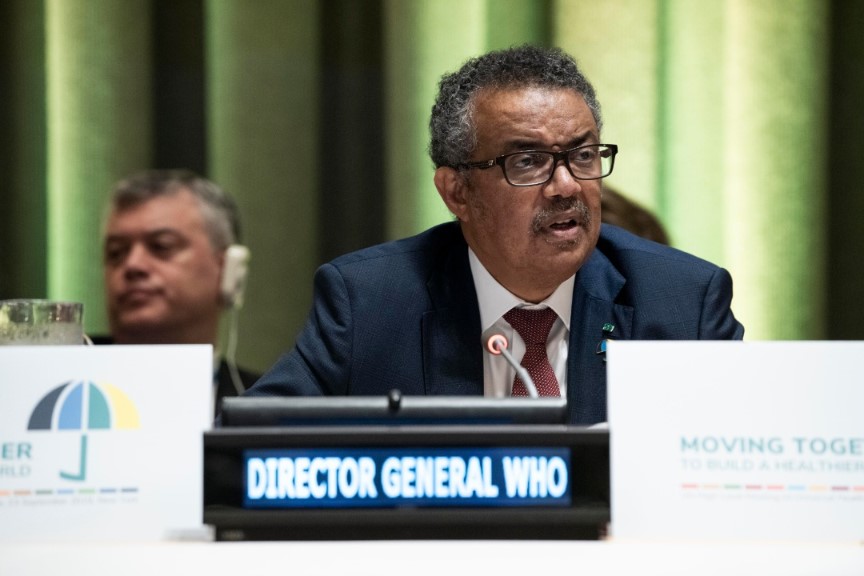KUALA LUMPUR, March 4 — The World Health Organization (WHO) warned that severe disruption to the supply of personal protective equipment (PPE) is putting lives at risk from the novel coronavirus.
Health care workers rely on PPE to protect themselves and their patients from infectious diseases, besides infecting others.
But now PPE shortages are leaving doctors, nurses, and other frontline workers ill-equipped to care for Covid-19 patients due to limited access to supplies such as gloves, medical masks, respirators, goggles, face shields, gowns, and aprons.
“Without secure supply chains, the risk to health care workers around the world is real,” WHO director-general Tedros Adhanom Ghebreyesus said yesterday.
“Industry and governments must act quickly to boost supply, ease export restrictions and put measures in place to stop speculation and hoarding. We can’t stop Covid-19 without protecting health workers first.”
The virus continues to spread in South Korea, Japan, Europe, Iran and the United States, collectively seeing some 80 nations worldwide being hit with the flu-like illness that can lead to pneumonia. Malaysia has reported 36 cases.
In a statement, Ghebreyesus noted that since the start of the Covid-19 outbreak, prices have surged — surgical masks have seen a sixfold increase, N95 respirators have trebled, and gowns have doubled.
Based on modelling by the WHO, an estimated 89 million medical masks are required for the Covid-19 response each month. For examination gloves, that figure goes up to 76 million, while international demand for goggles stands at 1.6 million per month.
Supplies can take months to deliver and market manipulation is widespread, with stocks frequently sold to the highest bidder. And while the WHO has so far shipped nearly half a million sets of PPE to 47 countries, supplies are rapidly depleting.
To meet rising global demand, the WHO estimates that industry must increase manufacturing by 40 per cent.
Apart from this, the public health agency called on governments to develop incentives for industry to ramp up production, which includes easing restrictions on the export and distribution of PPE and other medical supplies.
“Every day, WHO is providing guidance, supporting secure supply chains, and delivering critical equipment to countries in need,” Ghebreyesus added.
“WHO is working with governments, industry and the Pandemic Supply Chain Network to boost production and secure allocations for critically affected and at-risk countries.”








